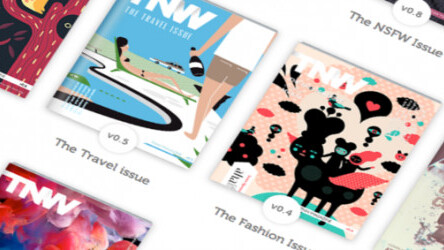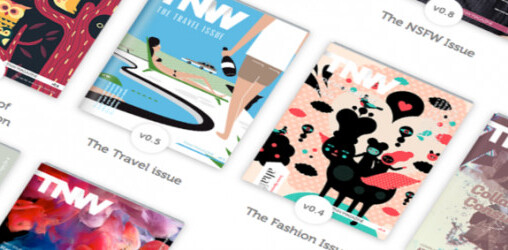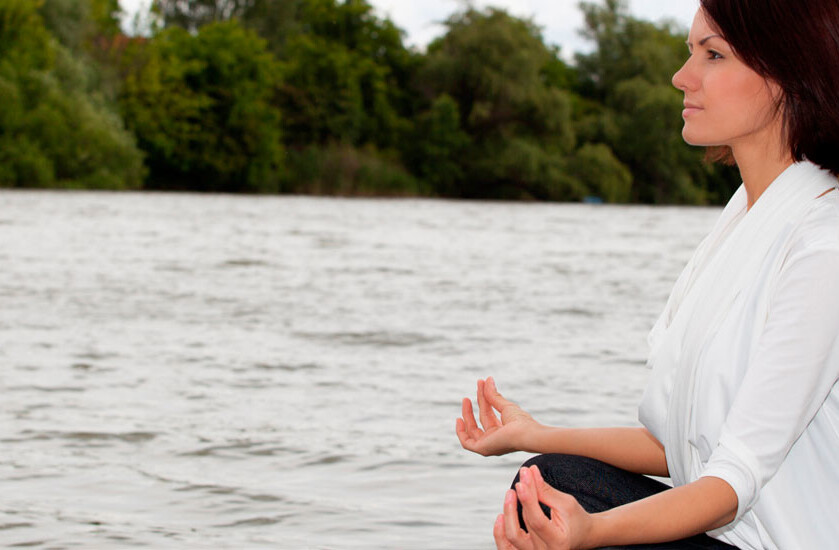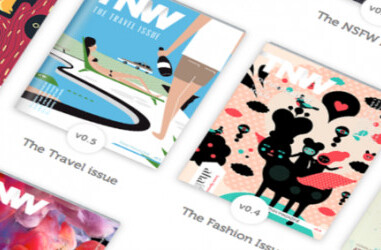
How to relax in a connected world?
A couple of years ago my friends treated me on a visit to Koan Float. Koan Float is a cabin with salty water and it is designed to eliminate all outside distractions such as sound, visual stimulation, changes in temperature and gravitational pressures. it kind of looks like an egg. You go in there, the cabin closes around you and you’re there, in the dark, just floating, completely relaxing…
I couldn’t do it – I was checking out the few buttons and the few options that it had. The relaxing dolphin sounds freaked me out and I needed to change the music, I was continuously asking myself what time it was, how much time I still had in there, I wanted to Google what salty water does to your skin, I wanted to post tweets and I wanted to text the friends who had treated me. This was a new experience for me and I desperately needed to share. WHY couldn’t I have my iPhone in there?
Is technology taking away the ability to relax? Am I so used to continuously sharing and chatting that I can’t even stay away from my phone for 45 minutes? And this was just me wanting to share. There’s also a stream of e-mails, Facebook messages, DM’s, Tweets, Google+ messages and all kinds of other notifications coming in. And not only from friends. Because we’re so connected complete strangers also need my attention all the time.
I can fill my days with it. And have that nagging feeling that I don’t get anything done. Although part of me still feels it’s impolite, I sometimes ignore messages. People who spend their days online suddenly find that they have a lot more close personal friends that need their attention. And I am certainly not the most connected person in the world. How do other people do this?
Let’s ask the experts!
Jonathan MacDonald – @jmacdonald
Writer, speaker, advisor
“Finding the time to relax requires us a) to want to find the time to relax, and then b) to actually be able to find the time to do so. Assuming that we really want to check-out, opt- out and be off-grid, we need more filters to work for us rather than against us. We need to seize control of the information that competes for our attention and become conductors of our own experience rather than tolerate what we are meant to tolerate like obedient citizens. We have to ask whether the tools around us are working in our favour ultimately…and if not, whether we should be building more tools that do. Only then will we be able to switch off and relax.”
Ben Way – @bway
Serial entrepreneur and best selling author (Jobocalypse: The End of Human Jobs and How Robots will Replace Them).
“We have to understand that technology is like a drug, we already know that it fundamentally modifies the way our brains work and we have serious withdrawal symptons when we are separated from it. The challenge is that unlike drugs this epidemic is impossible to avoid and we are all addicted to our digital highs. So the question is not anymore how we relax in a technical world, as the very removal of the technology itself causes stress. The key is how you manage your work/life/technology balance so you can switch off before it has a negative effect on you.
Maybe in the future we will have happiness filters that we can turn on so only good and happy communications can reach us while we are in relaxed/holiday mode, and if that does not work be prepared to have to visit a digital rehab where cold turkey will mean having to communicate with other humans using the ancient skill of the voice.”
Maciek Drejak
CEO and Founder of Sleep Cycle Alarm Clock
“It is important to find disconnected time on a regular basis. It allows you to reflect over recent events and gives the brain a chance to structure all incoming information, which in return creates relaxation and usually also better sleep. One of the best ways to disconnect totally is during vacation!”
Oscar Kneppers – @oscarkneppers
founder of Rockstart and Startup Yogi. @oscarkneppers
Breathe in.
Hold…
Hold….
Hold…
And out again.
Get the TNW newsletter
Get the most important tech news in your inbox each week.




